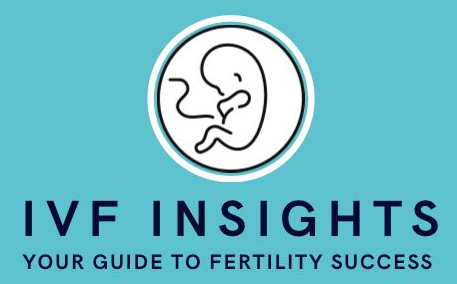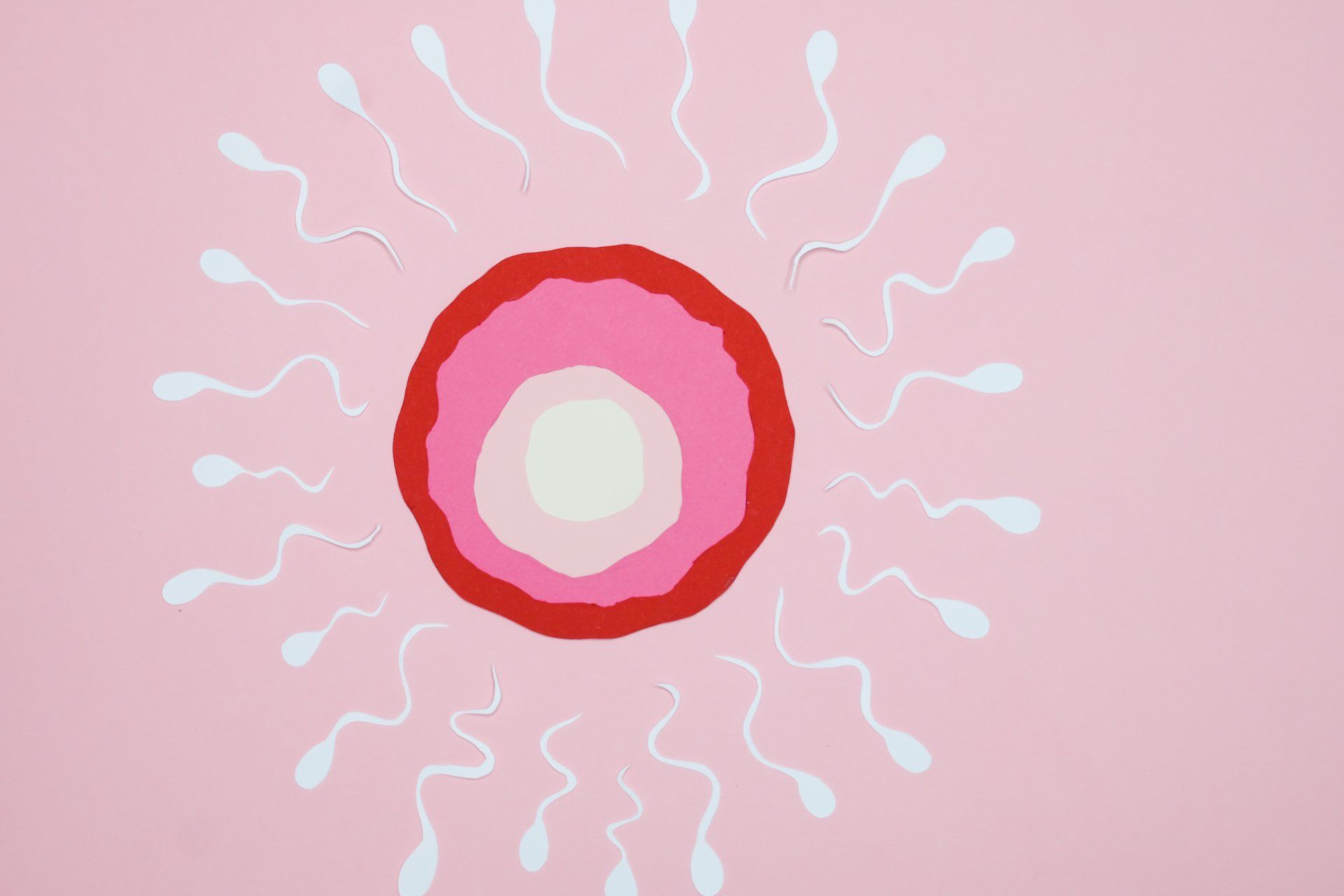
Understanding How Stress Affects Fertility: 8 Key Factors
Stress has become a common part of life for many individuals. However, what most people may not realize is the profound impact stress can have on fertility. Whether you're trying to conceive or simply want to understand how stress affects reproductive health, it's crucial to explore the key factors involved in this complex relationship.
How Stress Affect Fertility: Hormonal Imbalance
One of the primary ways stress affects fertility is through hormonal imbalance. Stress can disrupt the delicate balance of reproductive hormones such as estrogen, progesterone, and testosterone. In women, this disruption can interfere with ovulation, making it difficult to conceive. Similarly, men may experience
reduced sperm production and quality due to hormonal imbalances caused by stress.
You Might Also Like: What's The Best Fertility Diet to Get Pregnant?
How Stress Affect Fertility: Menstrual Irregularities
Chronic stress can lead to irregular menstrual cycles in women. This irregularity can affect fertility by making it challenging to predict ovulation, the most fertile time of the menstrual cycle. Without regular ovulation, conceiving naturally may become more challenging.

How Stress Affect Fertility: Disrupted Ovulation
Stress can also directly interfere with ovulation, the process by which
eggs are released from the ovaries. High levels of stress hormones, such as cortisol, can disrupt the signals that trigger ovulation, leading to irregular or absent menstrual cycles and reduced fertility.

How Stress Affect Fertility: Sperm Quality
In men, stress can negatively impact sperm quality. High levels of stress hormones may reduce sperm count, motility (movement), and morphology (shape), all of which are essential for fertilizing an egg. Poor sperm quality can significantly decrease the chances of conception.
How Stress Affect Fertility: Impact on Libido
Stress can diminish sexual desire and arousal in both men and women, leading to a decrease in sexual activity. Reduced libido can lower the frequency of intercourse, making it more challenging to conceive.

How Stress Affect Fertility: Psychological Factors
Stress often goes hand in hand with anxiety, depression, and other mental health issues. These psychological factors can indirectly influence fertility by affecting sexual function and reproductive health. Additionally, the emotional toll of infertility can further exacerbate stress levels, creating a vicious cycle.
How Stress Affect Fertility: Lifestyle Choices
Stress can lead to unhealthy coping behaviors such as smoking, excessive drinking, and poor
dietary habits. These lifestyle choices can have a detrimental effect on fertility, further compounding the impact of stress on reproductive health

How Stress Affect Fertility: Inflammation and Immune Function
Chronic stress can trigger inflammation in the body and compromise immune function. This inflammation may affect reproductive organs and interfere with the fertilization process, reducing the chances of conception.
Strategies To Reduce the Impact of Stress
By understanding these key factors, individuals can take proactive steps to mitigate the impact of stress on fertility:
- Stress Management: Implementing stress-reduction techniques such as mindfulness, meditation, yoga, and deep breathing exercises can help manage stress levels and promote hormonal balance.
- Healthy Lifestyle Choices: Adopting a healthy lifestyle that includes regular exercise, a balanced diet, and adequate sleep can support overall well-being and improve fertility.
- Open Communication: Talking openly with your partner, healthcare provider, or a mental health professional about stress and its impact on fertility can provide valuable support and guidance.
- Seeking Support:
Don't hesitate to seek support from friends, family, or support groups if you're struggling with infertility-related stress. Connecting with others who are going through similar experiences can provide comfort and encouragement.

By addressing stress and its underlying factors, individuals can improve their reproductive health and increase their chances of conception. Prioritizing stress management, adopting healthy lifestyle habits, and seeking support are essential steps in navigating the complex relationship between stress and fertility.



